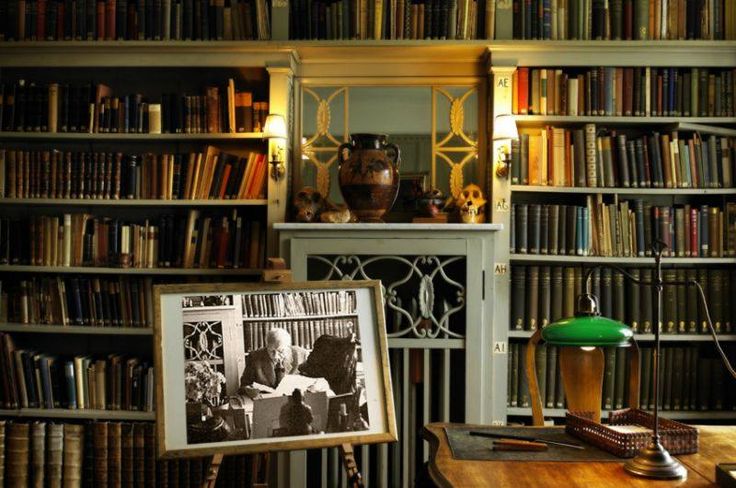Jung's thinking and view of the world is built upon the thinking and writings of key thinkers of the time before him; the time of a second Renaissance in humanity's understanding of the meaning of life. Those thinkers will also be explored as part of this web site.
So this website is to be a portal to the complete paradigm of Jung’s philosophy. This website is also to be a place for artists to have a point of entry to the world of the internet. Here artists and musicians will be able to introduce themselves and their work to the world of Jungian thought. Ideas are usually expressed in words; but sometimes these ideas can find an even more powerful expression in a work of art or a musical composition. We have the Jung's own artistic expression of his ideas in The Red Book. What would we be listening to had Jung been a composer?
The following is from the introduction to a book on Jung’s Aion lectures by Marie-Luise von Franz
"Two celebrations were held in his honor on his eightieth birthday. For the first occasion, invitations were sent to a carefully selected list of guests, all of whom were official representatives of his psychology. This was a rather stiff event, which tired him. To the evening party, however, anyone who wanted to see the great man was admitted: students, patients, Jung's gardener, neighbors from Bollingen. In short, a great variety of "important" and "unimportant" people came to offer their congratulations at this second party. The atmosphere was warmly human and animated, and Jung stayed longer than had been anticipated. On the way home he said, ''Yes, those are the people who will carry on my work, single individuals who are suffering and seeking, and who try to take my ideas seriously in their own lives, not the ones who satisfy their vanity by preaching them to others."
That is the new focus of the Jung Center Please send your ideas and suggestions to
